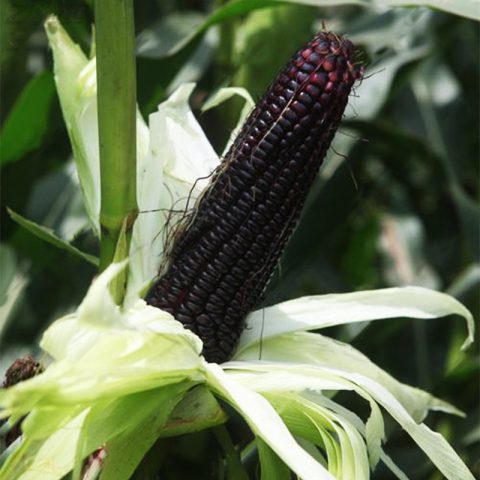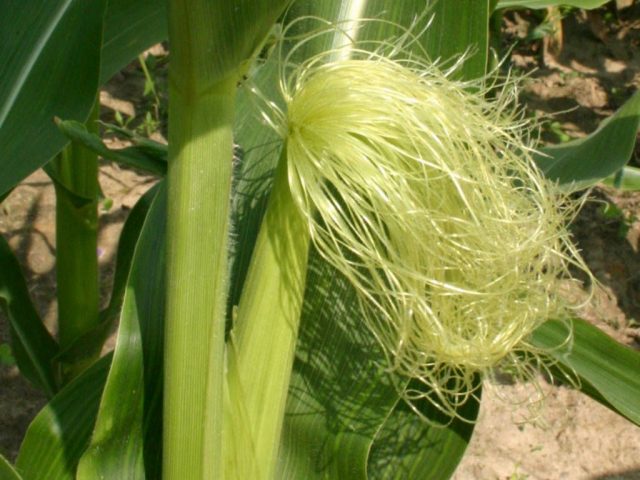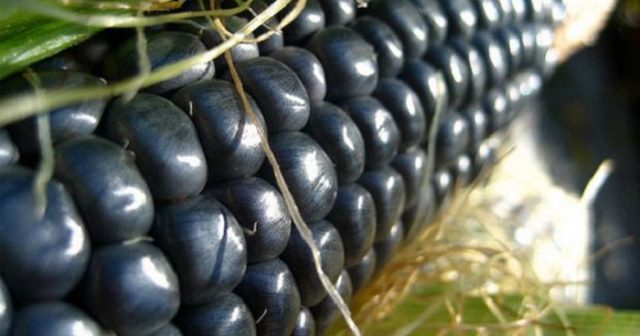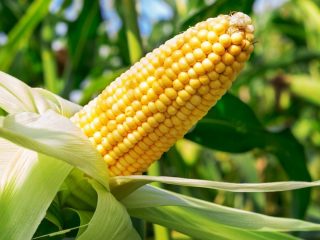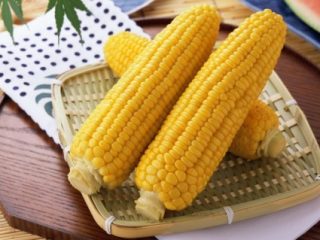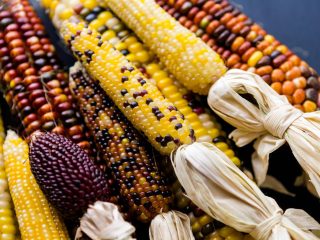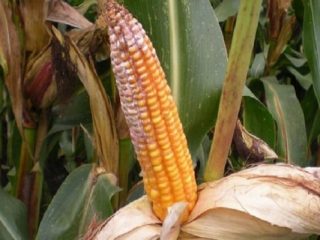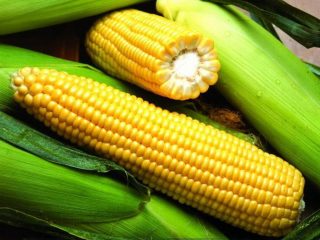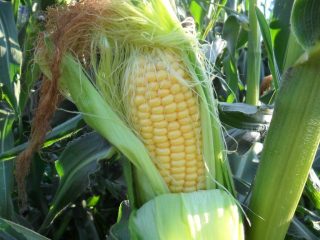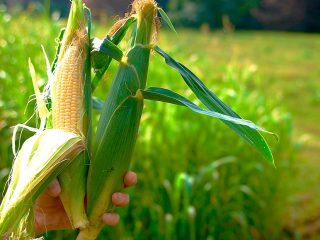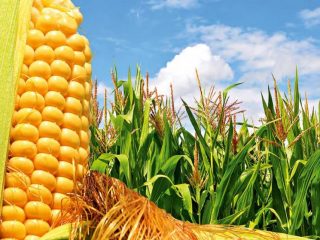Content
Many people are accustomed to the fact that corn always has a rich yellow color. But there is also black corn or maize, which has a number of beneficial properties.
What are the benefits of black corn?
Corn's black color is due to its high levels of anthocyanins, which are natural antioxidants. It is the composition of corn that determines its beneficial properties:
- Antioxidants slow down the aging process in the body and participate in the regulation of metabolic processes. It is believed that these substances play an important role in the fight against free radicals, which can cause the development of malignant tumors.
- Vitamins B1 and B2 are directly involved in metabolic processes, contributing to the production of energy in cells. Also, vitamins of this group are involved in the synthesis of nerve cells and epidermal cells, promote the production of red blood cells, and protect the retina from ultraviolet radiation.
- Vitamin K helps blood vessels function and improves blood clotting.
- Nicotinic acid takes part in metabolism, helping to process proteins, fats and carbohydrates, and also helps to dilate blood vessels, which helps cope with hypertension.
- The amino acids lysine and tryptophan help effectively fight depression and insomnia.
- Potassium helps strengthen blood vessels and heart muscle.
- The high fiber content in cobs has a beneficial effect on the functioning of the gastrointestinal tract, and also helps remove excess fluid, waste and toxins from the body.
- Due to the increased protein content and small amount of starch in the composition, black corn has a glycemic index lower than that of light varieties.
Use of black corn in folk medicine
Even the tribes of South American Indians knew about the beneficial properties of black corn and used it to prepare various medicinal decoctions and drinks. Many recipes have survived to this day and have spread far beyond South America.
Black corn drink
One of the most popular black corn recipes used for medicinal purposes is the traditional drink chicha moranda. For the indigenous people of South America, this drink is a familiar part of the daily diet, and also helps with various diseases.
To prepare chicha moranda you need the following ingredients:
- 1 kg black corn;
- 1 pineapple;
- 2-3 apples;
- 1 lemon;
- spices to taste (cloves, cinnamon).
The recipe for making the drink is quite simple:
- The corn must be thoroughly washed and removed from leaves and fibers. Place the prepared cobs in a container of water (4-5 l).
- Wash the fruits, peel the pineapple, and cut the apples into large pieces. Pieces of apples, pineapple peel and spices are added to the corn and the container is placed on the fire.
- The drink is brought to a boil and then kept over low heat until the corn kernels burst.
- The drink is allowed to cool, filtered and lemon juice is added to it.
The drink is ready to drink. You can drink it throughout the day instead of tea or juice.
The drink contains a minimal amount of calories, but at the same time has an excellent energy effect.
A drink made from black corn can be used not only for internal use, but also for external use (in the form of baths for skin rashes). In this case, sugar and lemon are not added to it.
Tincture of black corn aerial roots
Another option for using black corn for medicinal purposes is preparing a tincture from its aerial roots. For this you will need:
- 150 g of black corn aerial roots;
- 150 ml vodka.
Recipe:
- Wash the roots and chop with a knife or blender.
- Pour the crushed mass into a bottle and fill with vodka.
- Close the bottle tightly and put it in a dark place for 10-14 days.
Residents of Peru use the resulting tincture for cancer, taking 4 drops every 3 days. The tincture is also useful in the treatment of eczema and other skin diseases; in such cases, the product is applied to the affected areas.
Black Corn Silk Tincture
Another popular recipe suggests preparing a tincture from black corn inflorescences.
To do this you only need 2 ingredients:
- 10 g of black corn inflorescences (stigmas);
- 250 ml boiling water.
Cooking method:
- The stigma must be poured with boiling water and left to infuse for several hours.
- Cool the infusion and strain it.
This tincture can act as a sedative or as an adjuvant in the treatment of tuberculosis, joint diseases, kidney stones and gall bladder, and high blood pressure.
The tincture should be consumed 50 ml three times a day.
Contraindications for eating black corn
It should be borne in mind that there are some diseases in which the use of black corn and medicinal products based on it is contraindicated:
- since the product helps increase blood clotting, its use should be avoided in case of thrombophlebitis and a tendency to form blood clots;
- corn causes the production of gastric juice, so it should not be consumed during exacerbations of ulcers.
Growing Black Corn
Black corn has a number of useful properties, which increases interest in growing this crop. It must be taken into account that the plant came to Russia from the South American continent, so its cultivation requires similar climatic conditions.
To prepare the seeds for sowing, they are soaked for 5-6 days in an aqueous solution of wood ash (2 tablespoons per 1 liter), covering the top with damp gauze.Areas where beans, tomatoes or cabbage were previously grown are well suited for planting maize. The soil should first be treated with a weak solution of potassium permanganate.
The optimal time for planting is the end of April or the beginning of May, when the air temperature does not drop below + 20 °C. Seeds are planted in moist soil to a depth of 6-8 cm.
Pollination of the variety occurs with the help of the wind, therefore, in order to protect the crop from pollen from other varieties of corn, it should be planted separately.
Caring for black corn involves regular weeding and watering, as well as fertilizing with superphosphates. Ear ripening occurs at 90-120 days.
Black corn is an unusual plant. It has a large number of useful properties and a wide range of applications for medicinal purposes.
